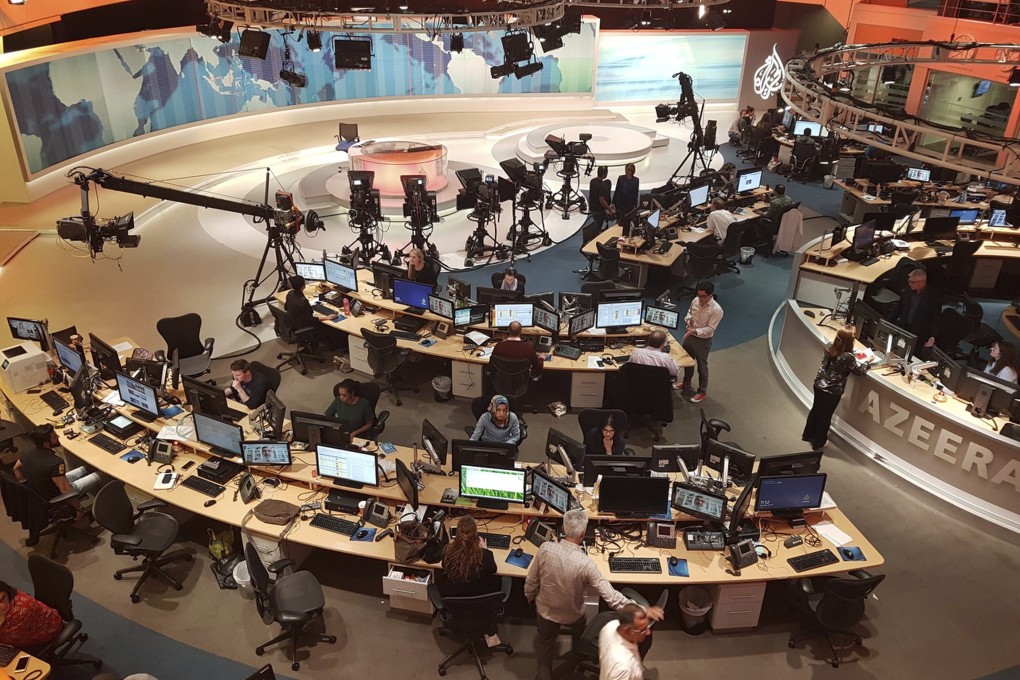Spyware able to target iPhones of Al-Jazeera journalists, report says
- Citizen Lab traced malware to Israel-based NSO Group
- Apple iPhones turned into powerful surveillance tools

Dozens of journalists at Al-Jazeera, the Qatari state-owned media company, have been targeted by advanced spyware in an attack likely linked to the governments of Saudi Arabia and the United Arab Emirates, a cybersecurity watchdog reported.
Citizen Lab at the University of Toronto said it traced malware that infected the personal phones of 36 journalists, producers, anchors and executives at Al-Jazeera back to the Israel-based NSO Group, which has been widely condemned for selling spyware to repressive governments.
Most unnerving to the investigators was that iMessages were infecting targeted phones without the users taking any action - what’s known as a zero-click vulnerability. Through push notifications alone, the malware instructed the phones to upload their content to servers linked to the NSO Group, Citizen Lab said, turning journalists’ iPhones into powerful surveillance tools without even luring users to click on suspicious links or threatening texts.
The coordinated attacks on Qatari-funded Al-Jazeera, which Citizen Lab described as the largest concentration of phone hacks targeting a single organisation, occurred in July, just weeks before the Trump administration announced the normalisation of ties between Israel and the UAE, the archival to Qatar. The breakthrough deal took public what had been a long-secret alliance. Analysts say normalisation likely will lead to stronger cooperation in digital surveillance between Israel and Persian Gulf sheikhdoms.
Apple said it was aware of the Citizen Lab report and said the latest version of its mobile operating system, iOS 14, “delivered new protections against these kinds of attacks”. It sought to reassure users that NSO doesn’t target the average iPhone owner, but rather sells its software to foreign governments to target a limited group. Apple has not been able to independently verify Citizen Lab’s analysis.
Citizen Lab, which has been tracking NSO spyware for four years, tied the attacks “with medium confidence” to Emirati and Saudi governments, based on their past targeting of dissidents at home and abroad with the same spyware. The two countries are embroiled in a bitter geopolitical dispute with Qatar in which hacking and cyber surveillance have increasingly become favoured tools.